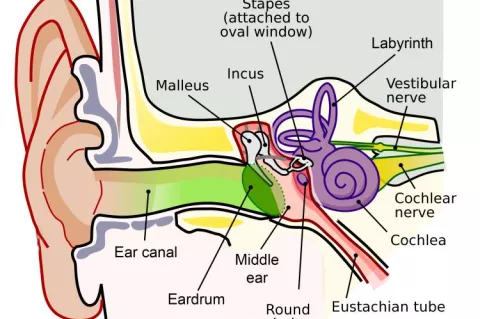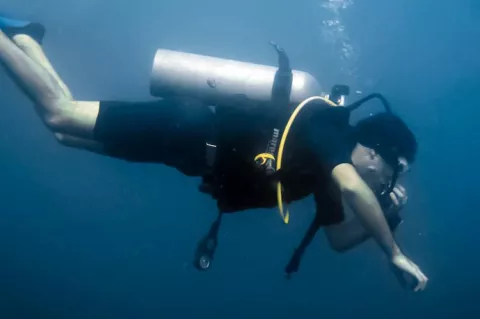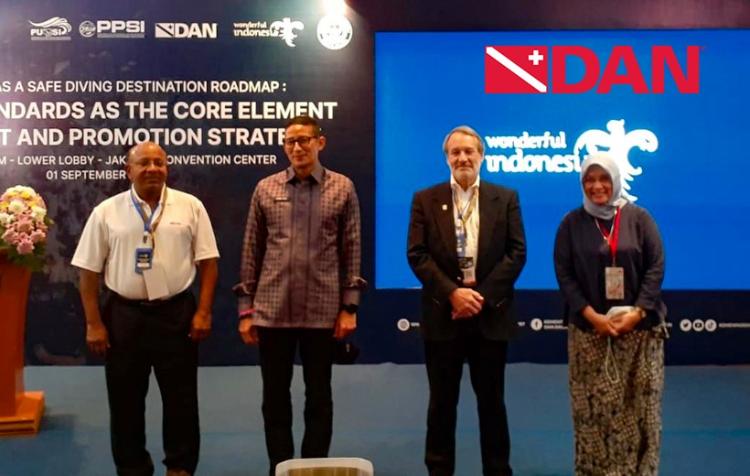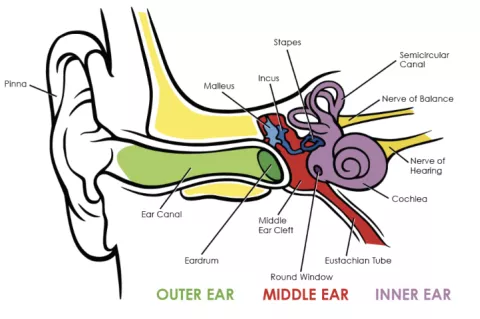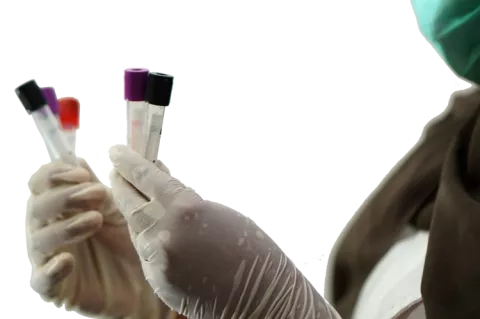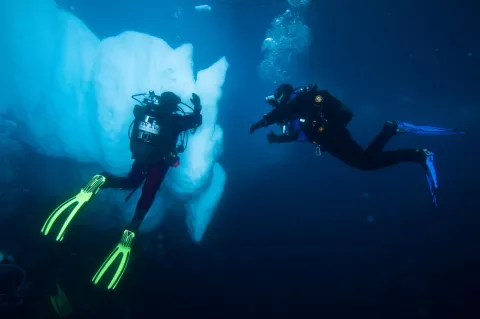Help Make Diving Safer: Work at DAN!
As diving continues to pick up post-pandemic, DAN is stronger than ever and needs qualified professionals in several key areas to serve our growing international membership.
DAN offers competitive salaries, company subsidized health insurance, a generous 401k program, and other employee benefits that show we value our employees. Open positions include the following opportunities to work at DAN headquarters in Durham, North Carolina:




